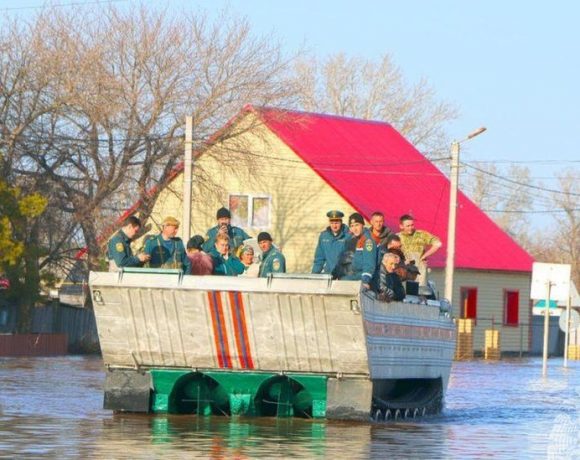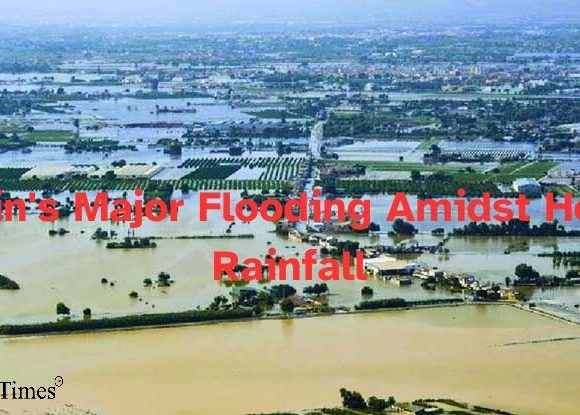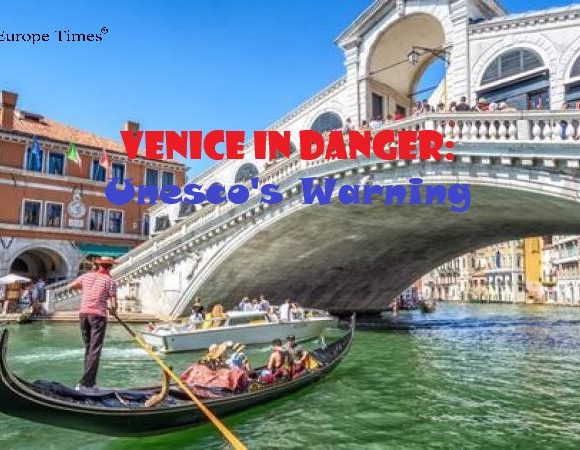
Tens of thousands of people have been evacuated from 10 northern regions in Kazakhstan due to flooding, caused by the melting snow. The authorities have taken swift action to ensure the safety of residents amidst the worsening situation.
Across the border in Russia, an oil refinery in Orsk, situated approximately 1,800km southeast of Moscow, has been forced to cease operations due to the floods. The disruption highlights the widespread impact of the natural disaster on both countries’ infrastructure and economy.
The Kremlin has issued warnings about the unprecedented pace of rising water levels, with some areas experiencing the fastest increase in a century. President Putin has directed regional authorities to prepare for the inevitable floods and take proactive measures to safeguard affected communities.
Russian emergency services have undertaken large-scale evacuation efforts, with nearly 4,500 people relocated from the Orenburg region following a dam breach. The situation remains critical, with forecasts indicating dangerous water levels in the Ural River, heightening concerns for further flooding.
In Kazakhstan, the emergency ministry has mobilized resources to provide temporary shelters for approximately 12,000 evacuated individuals. Additionally, efforts have been made to relocate around 60,000 farm animals to safe areas, mitigating the impact on agriculture and livelihoods.
President Kassym-Jomart Tokayev has acknowledged the severity of the disaster, describing it as the worst natural calamity in Kazakhstan in 80 years. He has assured the nation that the government is intensifying its response efforts and will provide all necessary assistance to affected areas, emphasizing the importance of unity and support during this challenging time.
Picture Courtesy: Google/images are subject to copyright


